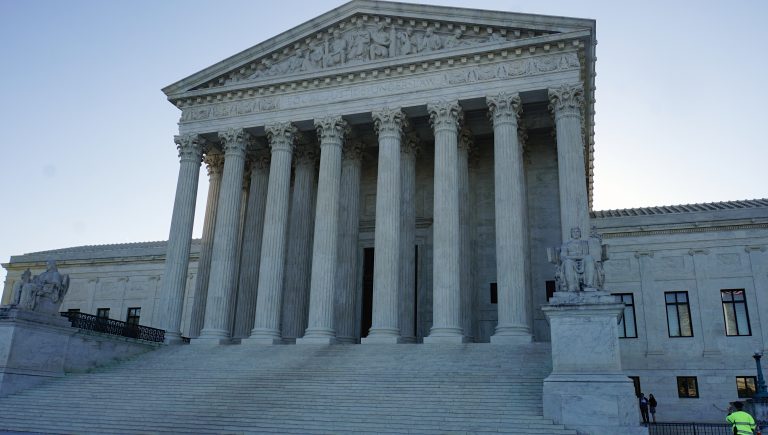How North Carolina’s Gerrymandering History Could Have a National Effect
North Carolina’s history of gerrymandering has created several supreme court cases. This fall, SCOTUS is set to hear Moore v. Harper, a North Carolina case that started due to gerrymandering but has evolved into a question of whether a state’s judicial branch can interfere with the “manner of holding elections for senators and representatives.”
What is Gerrymandering
Gerrymandering occurs when states redraw voting districts every ten years after the national census to reflect changes in the population and ensure the voting districts are equal but use the opportunity to benefit one political party over another. According to the University of Miami Race & Social Justice Law Review, “Gerrymandering, particularly racial gerrymandering, is a foundational step in ensuring the exclusion of underrepresented communities from voting.”
Political parties often use redistricting to give more power to their party and less voting power to minority groups. This is usually done by redrawing the voting districts to ensure that one political party or group has a voting majority in more districts than is accurate of the population. North Carolina has a long history of this, especially to silence black voters. The most recent instance has led to the Supreme Court case Moore v. Harper and has heavily impacted election laws across the country.
What Lead to Moore v. Harper
In 2021, North Carolina redrew its congressional voting map based on the 2020 census data. This redrawing was done by the Republican party, which controlled the legislature at the time. This new congressional voting map was challenged by a group of Democratic voters in the case Harper v. Hall. The map was challenged because the group of democratic voters claimed it was blatant partisan gerrymandering, giving republicans more power in the redrawn districts than was accurate according to the 2020 census. The North Carolina Supreme court ruled “that the state could not use the map in the 2022 elections and remanded the case to the trial court for further proceedings. The trial court adopted a new congressional map drawn by three court-appointed experts.”
In March 2022, Speaker of the North Carolina House of Representatives Timothy K. Moore filed to have the case reviewed by the Supreme Court, and on June 30, the review was granted.
Other Cases
This is far from the first gerrymandering case for which NC has had to go to SCOTUS. In 1986’s Thornburg v. Gingles case, black citizens of NC stated that seven newly redrawn voting districts restricted them from being able to elect representatives of their choosing. They filed a suit claiming that the voting districts violated section 2 of the Voting Rights Act of 1965 and the 14th and 15th amendments. These violations were that the gerrymandering had a discriminatory effect on voters of color and interfered with their right to vote in a fair election. The district court ruled that six of these districts violated the Voting Rights Act. The NC Attorney General appealed this decision to the Supreme Court. SCOTUS ruled unanimously that “five of the six contested districts discriminated against blacks by diluting the power of their collective vote.”
There have been several other recent SCOTUS cases from NC concerning racial gerrymandering, such as North Carolina v. Covington (2018) and Cooper v. Harris (2016). Both of these cases are examples of how gerrymandering still affects NC elections.
What All This Means for the US
Moore v. Harper started as a gerrymandering case, but it has evolved into something much more. Moore v. Harper now addresses how much power state and federal governments have over elections for senators and representatives. This case will also force SCOTUS to directly address the independent state legislature doctrine, which claims that states should have near-complete control over federal elections.
If SCOTUS rules in favor of Moore, it will also rule in favor of the independent state legislature doctrine. This will allow states to use gerrymandering in their favor and, in extreme cases, pass laws that restrict voter access, such as voter ID laws. The potential ruling would have a massive impact on voters of color and would deny accurate representation in Congress across all states.


